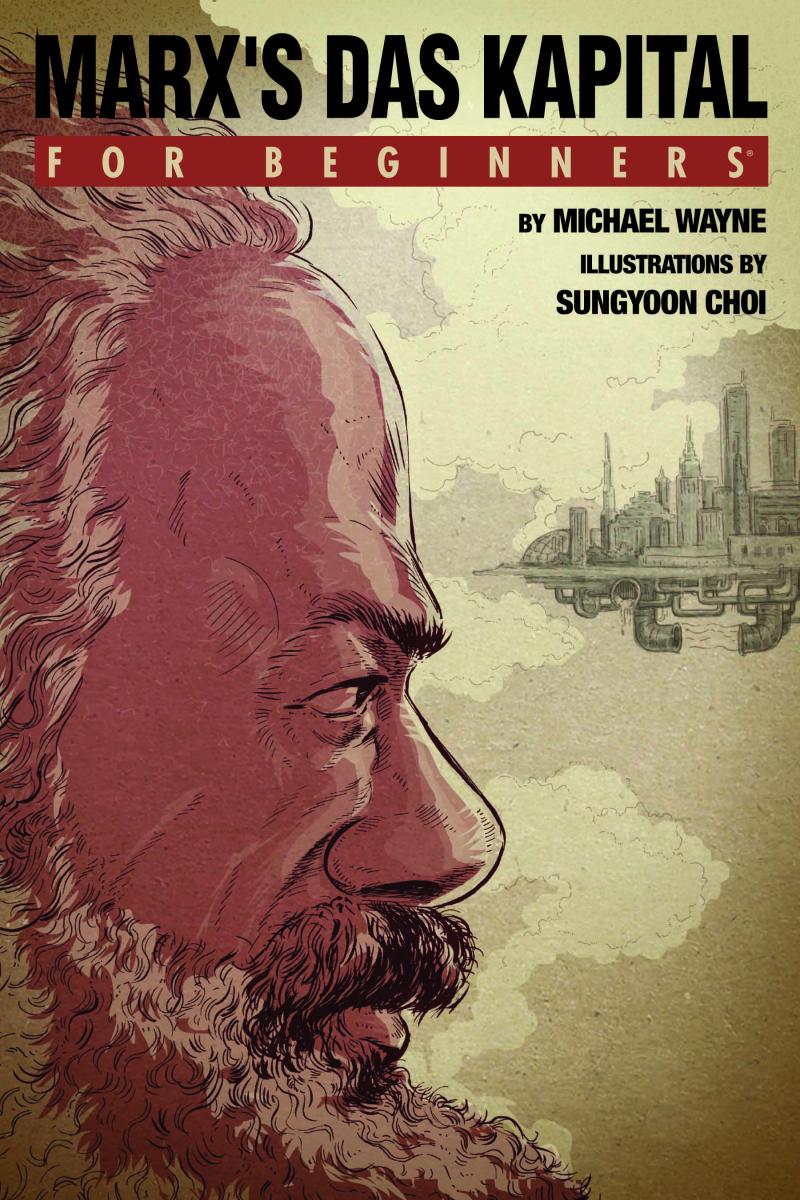Karl Marx Das Kapital Pdf
Note: This study guide offers summary and commentary for Chapter 1, Section one; Chapter 4; Chapter 6; Chapter 7; Chapter 10 and Chapter 14, all from Volume One of Das Kapital, or, in English, Capital.
This banner text can have markup. Web; books; video; audio; software; images; Toggle navigation. Das Kapital, Karl Marx's seminal work, is the book that above all others formed the twentieth century. From Kapital sprung the economic and political systems that at one time dominated half the earth and for nearly a century kept the world on the brink of war.

Download whatsapp versi lama untuk bb 9220. Karl Marx's Capital can be read as a work of economics, sociology and history. He addresses a myriad of topics, but is most generally trying to present a systematic account of the nature, development, and future of the capitalist system. There is a strong economic focus to this work, and Marx addresses the nature of commodities, wages and the worker-capitalist relationship, among other things. Much of this work tries to show the ways in which workers are exploited by the capitalist mode of production. He also provides a history of past exploitations. Marx argues that the capitalist system is ultimately unstable, because it cannot endlessly sustain profits. Thus, it provides a more technical background to some of his more generally accessible works, like The Communist Manifesto.
This study guide focuses on one component of Capital, Marx's schema of how the capitalist system functions. Marx argues that commodities have both a use-value and an exchange-value, and that their exchange-value is rooted in how much labor-power went into them. While traditionally people bought commodities in order to use them, capitalists use commodities differently. Their final goal is increased profit. Therefore, they put out money and buy commodities, in order to sell those commodities for a profit. The cycle then repeats itself. The reason why the capitalists are able to make a profit is that they only need to pay workers their value (how much it takes to keep them functional), but the workers produce more than that amount in a day. Thus, the workers are exploited. The capitalists are able to do this because they have more power, and control the means of production. Furthermore, the workers' character is negatively affected by the system. They don't own the products of their labor, and the repetitive work they have to do makes them little more than machines.
Capital – A Critique of Political Economy, also knows as ‘Das Kapital’ – the original German title, by Karl Marx, is probably the most well-known philosophical treatise on politics and economy. Marx was a brilliant economic thinker and I personally often recall his quote ‘If you need something you can’t produce, you must produce something you won’t need’ as a general truth applicable to many situations and discussions. However, what Karl Marx had in insights into the economy he lacked in political and sociology understanding. Marx was certain that his lifelong studies in national economics pointed towards inevitable revolutions worldwide, in which the exploited classes would take over control of societies and build socialistic Utopias. Unfortunately for Marx, his work (and millions of victims), these fallacies became the ideological basis for dictatorship and despots all over the world.
Download ‘Capital – A Critique of Political Economy’ here:
Capital-Volume-II

